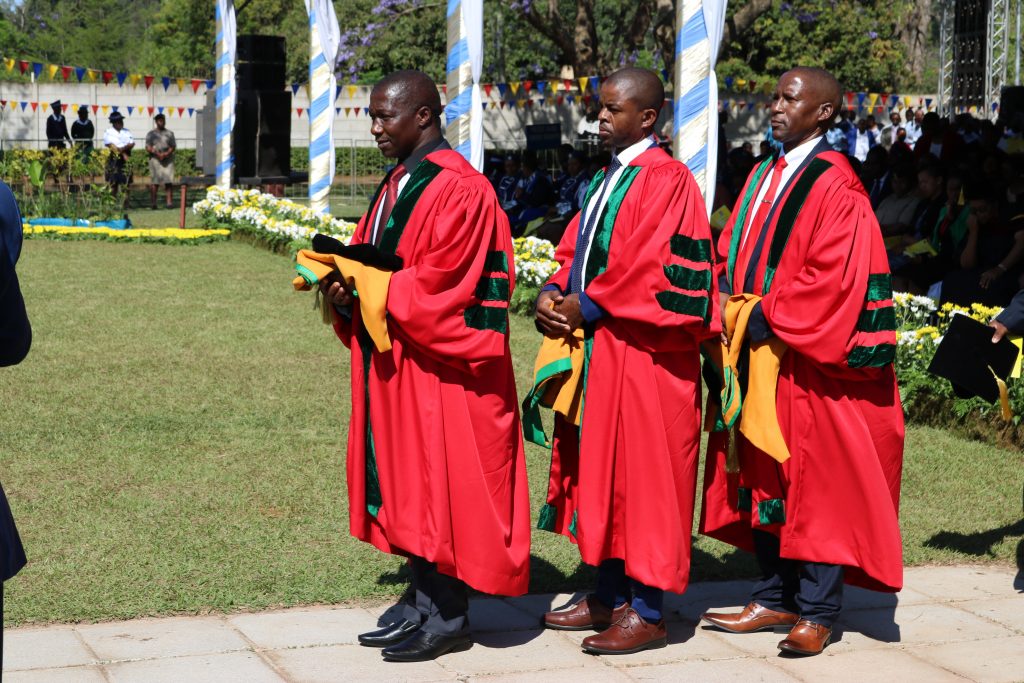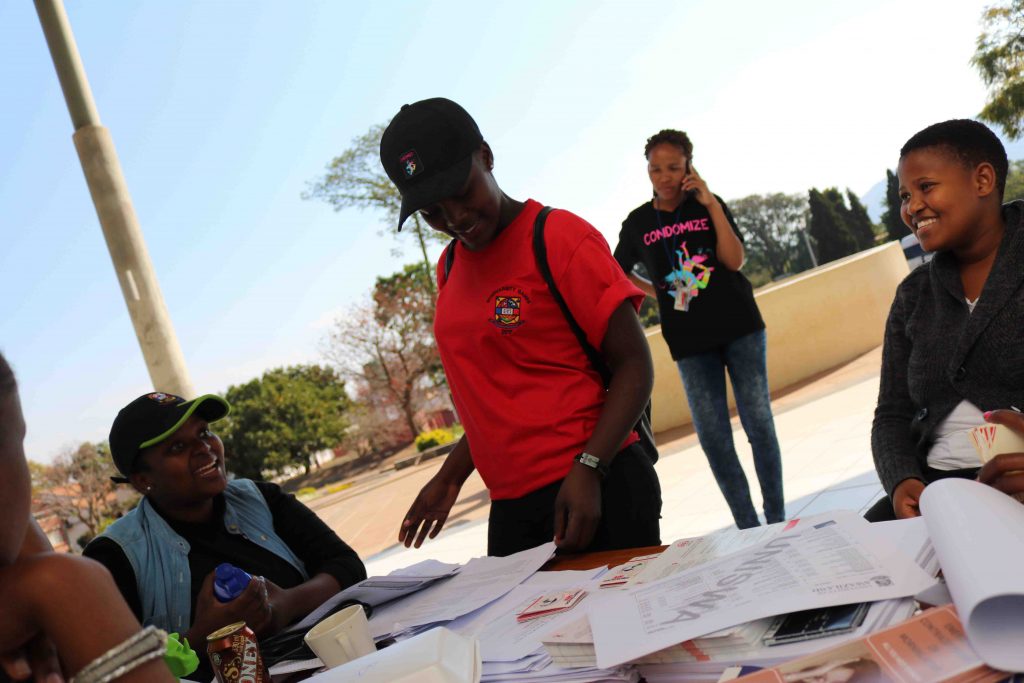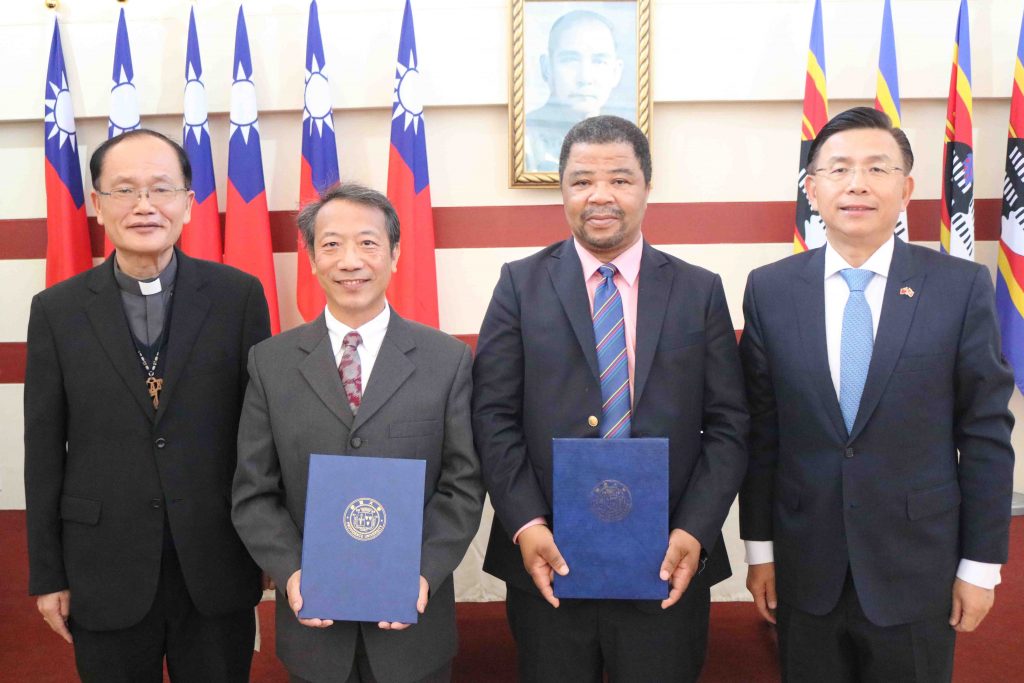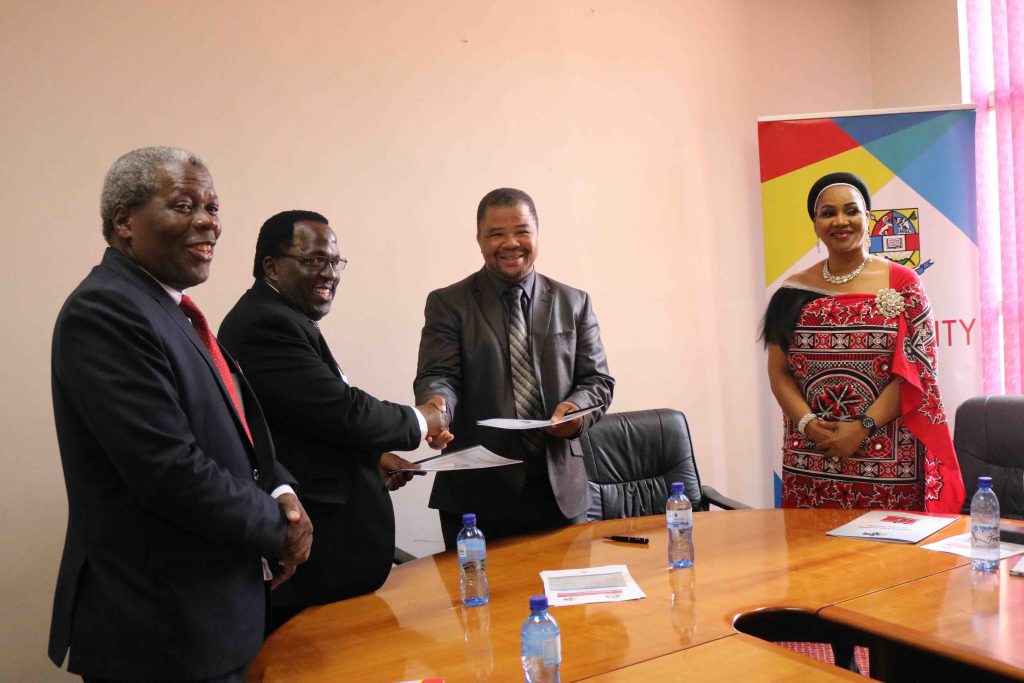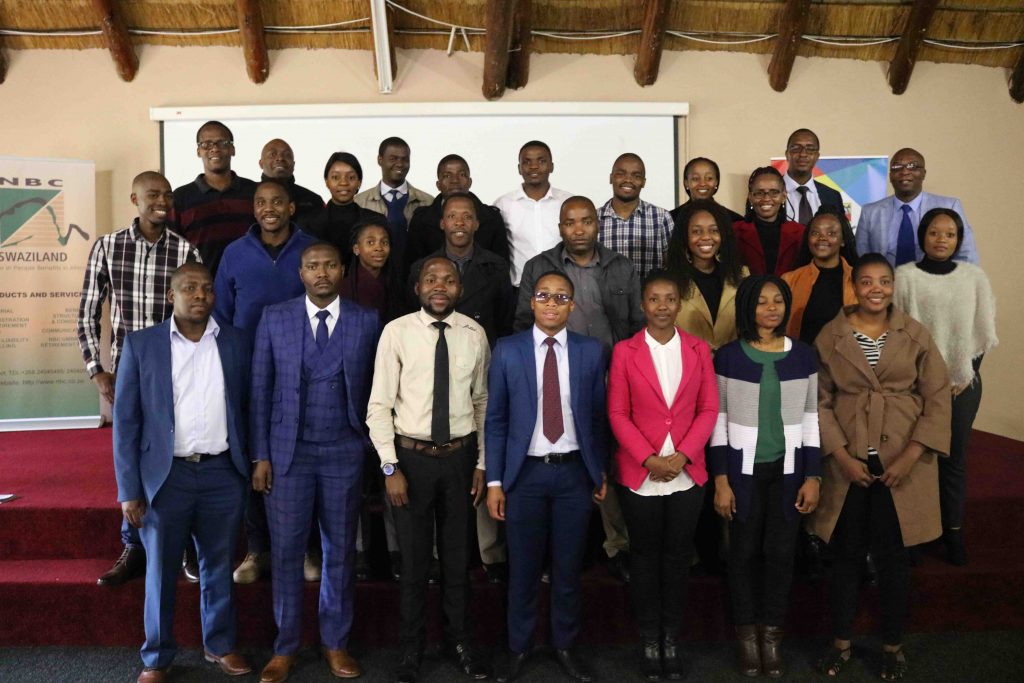University of Eswatini Research Journal of Agriculture, Science and Technology (UREJAST) Editorial Policy
History of the journal
UNISWA Research Journal of Agriculture, Science and Technology (UREJAST) was established by the UNISWA Research Board of the University of Swaziland, with the objective of providing a forum for addressing, in an integrated manner, all aspects of agriculture, science and technology. The journal is an offspring of the UNISWA Research Journal, which was established in 1988, and had, by 1995, published nine volumes that focussed on one particular discipline, from time to time. In mid-1995, the UNISWA Research Board decided that the UNISWA Research Journal be split into two independent journals, one focussing on agriculture, science and technology, and the other, on the humanities, social science, commerce, and education. That is how UREJAST was born.
Aim and scope of UREJAST
The UREJAST publishes results of original research, or continuation of previous studies that are reproducible. Review articles, short communications and accounts of new experimental techniques, and methods in experimentation are also published.
Submission of manuscripts
Because the journal employs a computerised system of typesetting, submissions should be made electronically (as email attachments) using Microsoft Office Word, WordPerfect, or other IBM-compatible word-processing programmes. Prospective contributors to the journal are advised to consult a recent (from June 2006) volume of the journal, and strictly adhere to the recommended writing style and format of the journal. Manuscripts should be emailed to: research@uniswa.sz.
UREJAST review process
The journal maintains email contact with several reviewers, and subject-matter specialists, in all areas of agriculture, science and technology, not only in Swaziland, but overseas as well. All submitted papers undergo a peer-review process. Typically, when a manuscript is received, it is quickly assessed regarding compliance with the journal style and format. A manuscript that does not conform to the expected style and format is returned to the author. A manuscript that conforms to the expected style and format is acknowledged, given a reference number, and thereafter, sent to two (sometimes, three) anonymous reviewers. As a strict policy, a “two-way, blind-review” is carried out, meaning that the reviewer does not know who the author of a manuscript is, and the author does not know who the reviewer is. This is done to discourage any bias, or favouritism, in the reviewing process. As a UNISWA Research Board policy, UREJAST does not remunerate its reviewers; UREJAST does not impose any page charges on authors.
As each reviewer’s report is received, it is sent to the authors for revision. Suitably revised versions (followed by some in-house editing, if necessary) are considered by the Editorial Board at its meetings, and a decision is made to accept or reject the manuscript. Accepted manuscripts are sent to the printer. When the galley proofs are received from the printer, they are immediately sent to the author to check for errors. Minimal modifications should be made on the galley proof, otherwise, an author maybe surcharged.
UREJAST Editorial board membership
The Editorial Board of UREJAST consists of five persons: the Editor and Chairman, one representative each from the three Faculties of Agriculture, Health Sciences and Science, and the Secretary of the Editorial Board and secretary of UREJAST (the Director of the UNISWA Research Centre, usually a professor). In attendance in all meetings, is the Assistant Registrar (Publications), who is the secretary of the UNISWA Research Board, the sponsor of the journal. All editorial board members are appointed by the Vice-Chancellor, on the recommendation of the Technical Advisory Committee of the UNISWA Research Board.
Conclusion
As a forward-looking journal of the 21st century, UREJAST welcomes manuscripts from all authors, in any area of Agriculture, Science and Technology. There are plans to electronically publish the journal online, in the near future.
You might also like
The University of Eswatini offers certificate, diploma and degree programmes at the undergraduate level…Read more>>
The University of Eswatini offers certificate, diploma and degree programmes at the undergraduate level…Read more>>
Application for admission to post-graduate study programmes for both Emaswati and international citizens…Read more>>
When it comes down to student life, academic engagement and growth form the foundations of the University of Eswatini. UNESWA also offers a dynamic and well-rounded student experience on all our campuses around the country of Eswatini. Click here to learn more about the buzzing student life and not-to-be-missed activities that can cater to your specific interests.
If you have gotten this far, you’re already a UNESWA student in our books. Click here if you have any questions aboiut ypur prospective or current studies


